
What Is Eagle Syndrome?
Advertisement Most of us have woken up with a stiff neck. It can be quite...
06 Nov, 2020
Advertisement Most of us have woken up with a stiff neck. It can be quite...
06 Nov, 2020
Advertisement It is very important that our blood vessels remain in good health; otherwise the...
05 Nov, 2020
Advertisement A lot of information is shared in our genes when a sperm fertilizes an...
03 Nov, 2020
Advertisement As much as our understanding of diseases has progressed, there is still a lot...
23 Oct, 2020
Advertisement Bacteria are microscopic organisms that are found all around us. A small fraction of...
19 Oct, 2020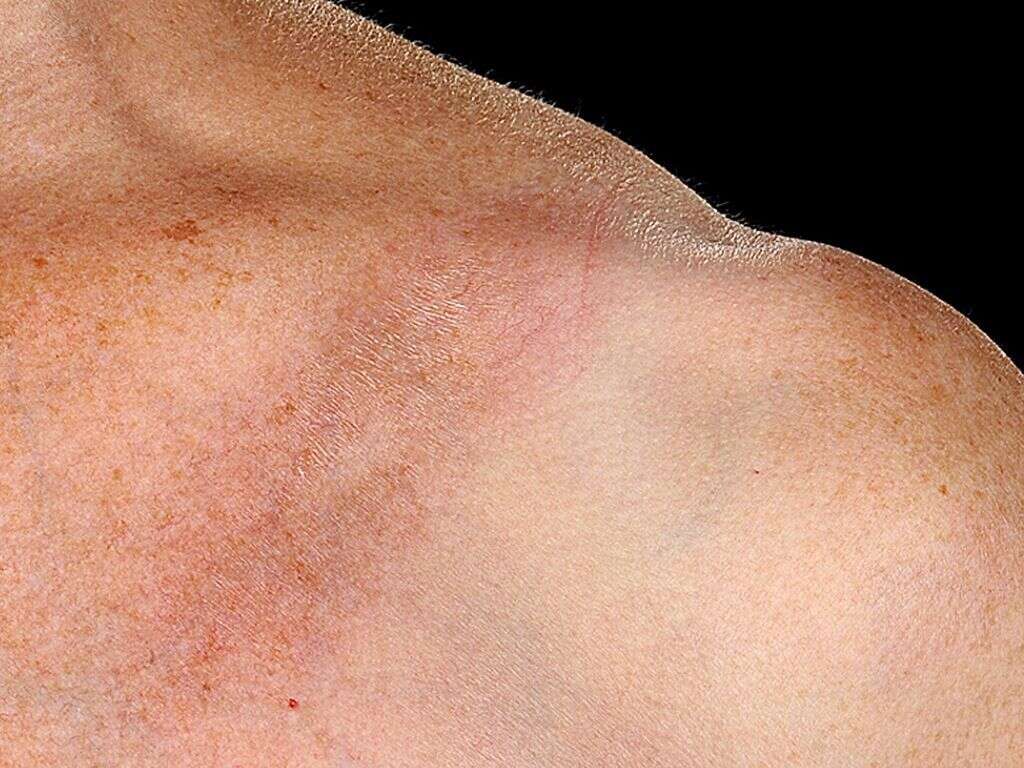
Advertisement There are many different types of skin condition, and their symptoms can range significantly....
18 Oct, 2020
Advertisement Tularemia is a disease that can be caught from other animals that are also...
15 Oct, 2020
Advertisement Whenever we eat or drink, we ingest some compounds that are not good for...
25 Sep, 2020
Advertisement Krabbe disease is a unique condition that impacts an individual’s nervous system. Nerves are...
20 Sep, 2020
Advertisement Although it is a rare condition, Reye’s syndrome can be very serious. This syndrome...
16 Sep, 2020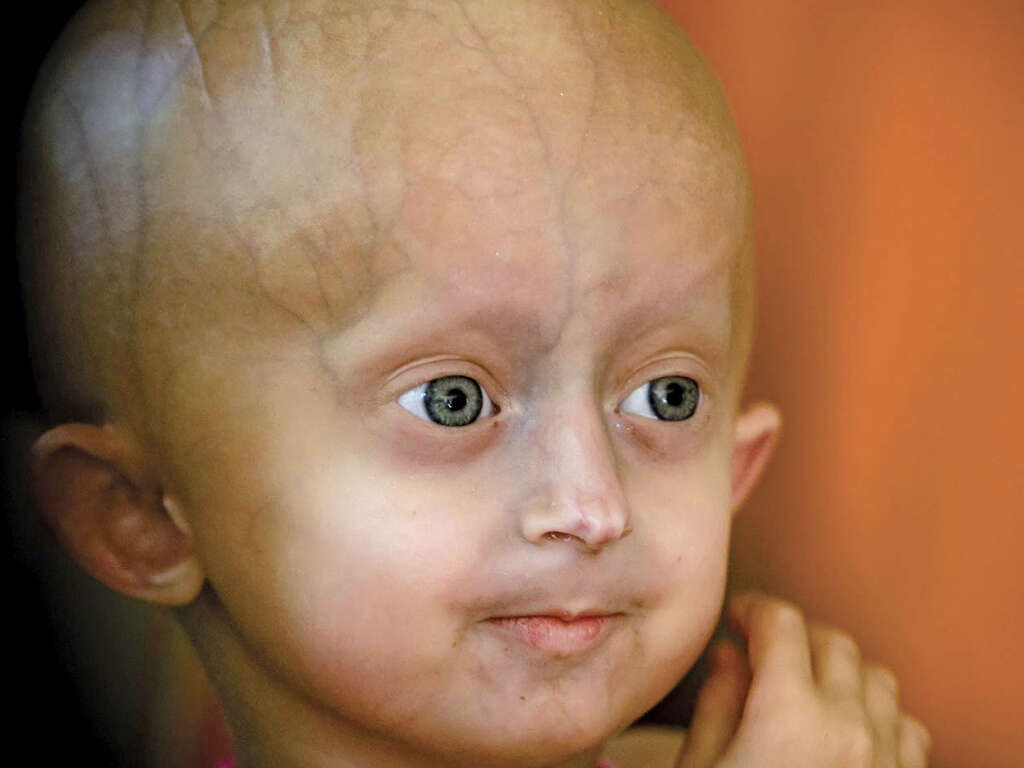
Advertisement Preventing ageing is one of the holy grails of science, but we are still...
09 Sep, 2020
Advertisement It is essential that we keep our immune system in good working order. Without...
09 Sep, 2020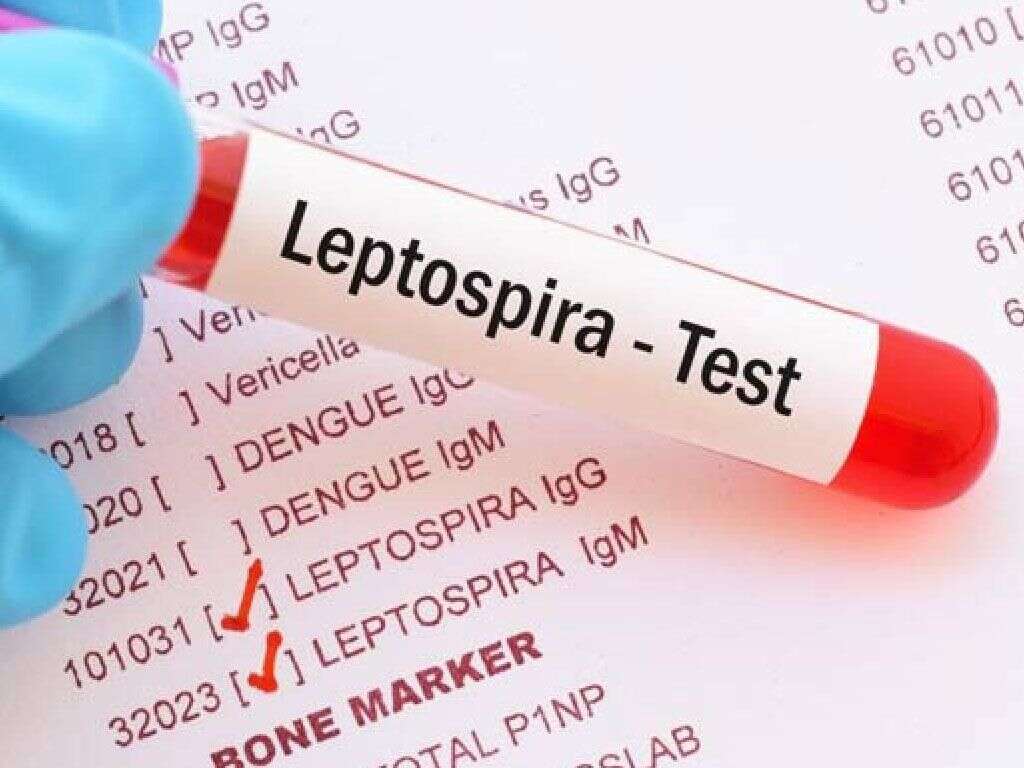
Advertisement Bacteria are everywhere, and they are often considered to be the most successful form...
27 Aug, 2020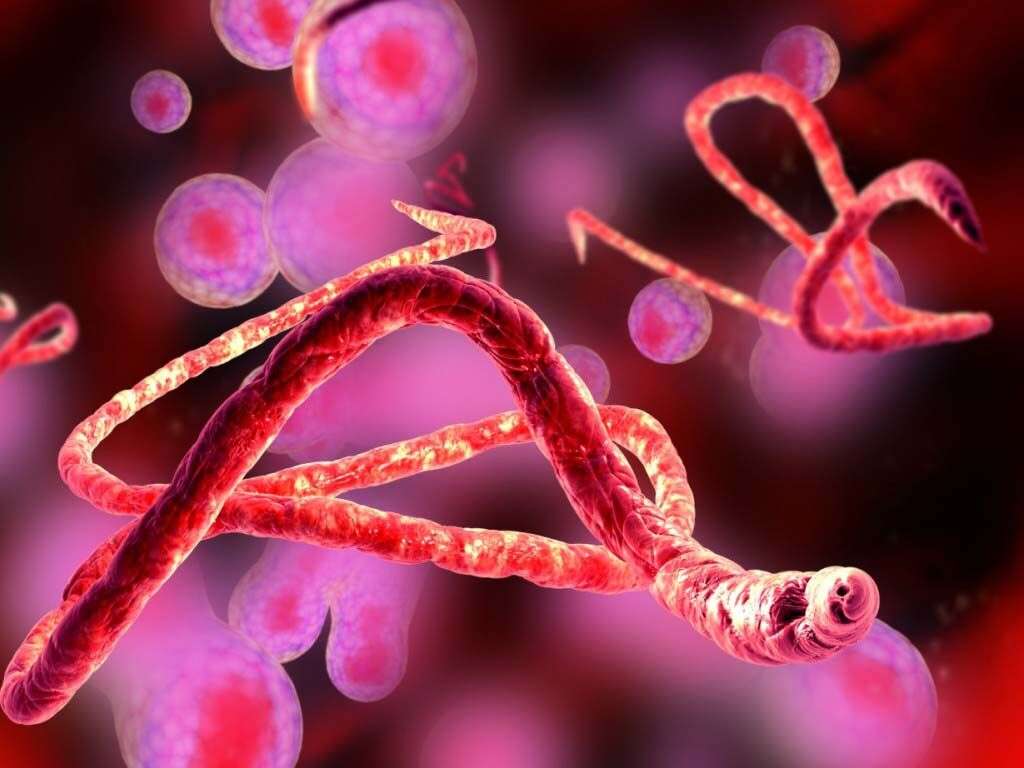
Advertisement The Ebola virus causes a serious and deadly issue with blood clots. This highly...
17 Aug, 2020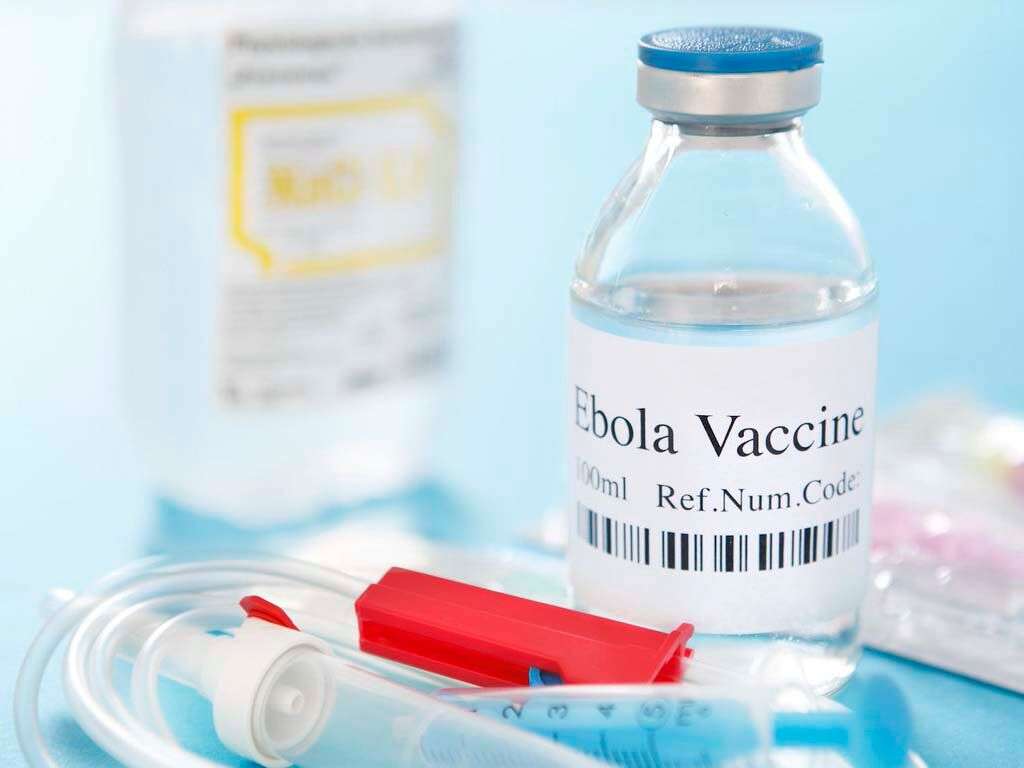
Advertisement The Ebola virus is one of the deadliest diseases known to humanity. While it...
17 Aug, 2020
Advertisement If we are not careful, then bacteria might be able to make us very...
09 Aug, 2020
Advertisement Reye’s syndrome is not a very common condition, but it is a very serious...
25 Jul, 2019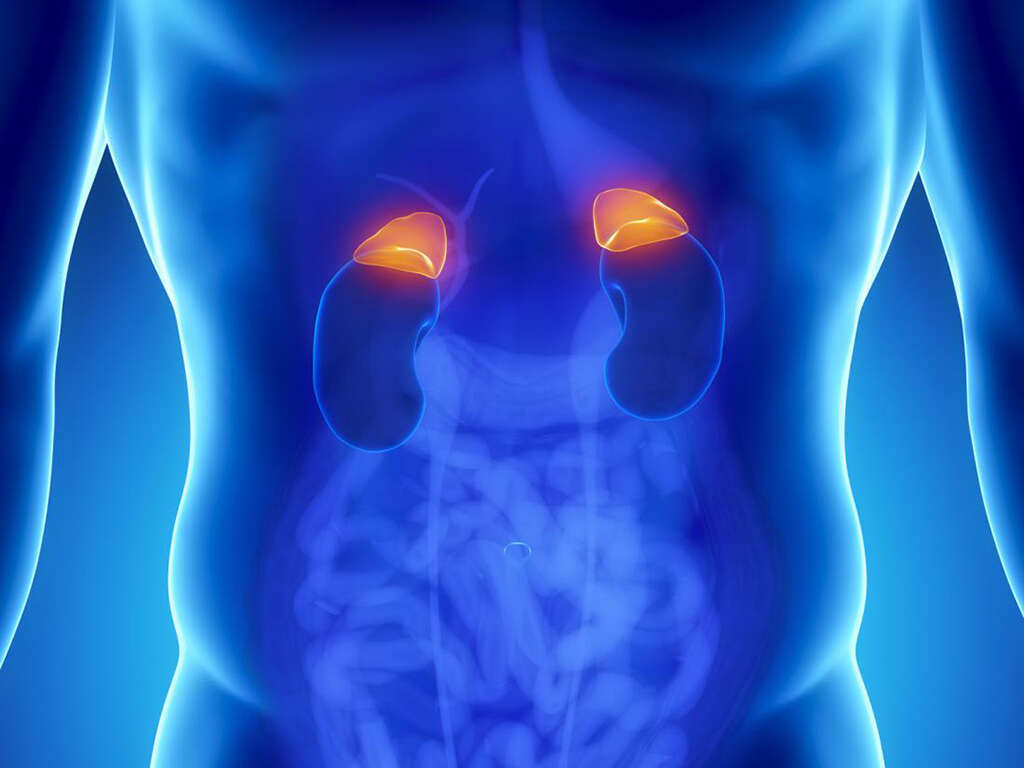
Advertisement Pheochromocytoma is a rare neuroendocrine tumor in the medulla of the adrenal glands. The...
26 Oct, 2018
Advertisement Leptospirosis is a zoonotic disease caused by an infection with Leptospira. Leptospira is a...
18 Oct, 2018
Advertisement Williams syndrome is a genetic disorder that is present at birth. It is most...
14 Aug, 2018Home | Privacy Policy | Editorial | Unsubscribe | About Us
This site offers information designed for entertainment & educational purposes only. With any health related topic discussed on this site you should not rely on any information on this site as a substitute for professional medical diagnosis, treatment, advice, or as a substitute for, professional counseling care, advice, treatment, or diagnosis. If you have any questions or concerns about your health, you should always consult with a physician or other health-care professional.